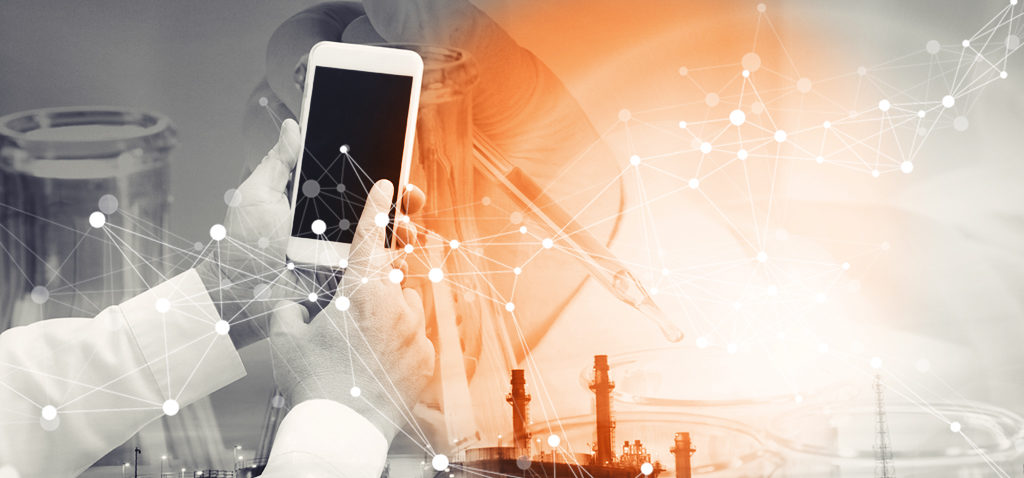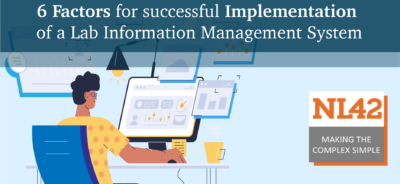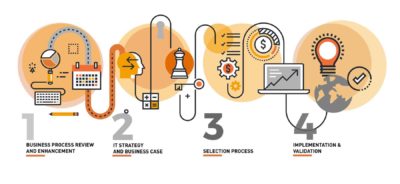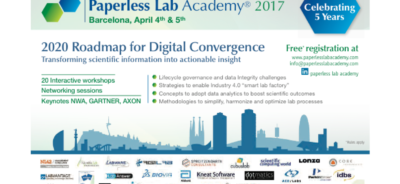Review by Exception: the ultimate Laboratory 4.0 objective
In a previous article, we described the evolution of the laboratories along the four industrial revolutions, in which the last one gets the machines, devices, sensors, and people connecting, communicating and driving effective production. The principles of the fourth revolution are interconnection, transparency of the information, technical assistance, decentralized decisions.
Technicians and analysts have the ability to connect and communicate with their analytical instruments, devices, and sensors. Capture of the data is automatic, controlled and compliant towards data integrity requirements. Interconnectivity allows such transparency to managers that it enables them to collect immense amounts of data and information from all points along the data lifecycle. The systems assist managers on the data analysis, by aggregating and visualizing information comprehensively for making informed decisions.
Nowadays, the technologies to make it happen are available. What is still missing is the adequate driving force for people to accept the changes in working with new digitalized processes.
For any company aiming for a strong competitive position in their respective market, the deadline for their digital transformation projects to be completed is almost overdue. This means that they should have already agreed and defined a long-term IT strategy, set clear goals and KPIs for their business intelligence management and have a clear understanding of the complete data lifecycle along their products lifecycles.
Digitized processes are easily implemented through dedicated informatics solutions. Yet the paperless project doesn’t end by just moving from paper-based process to less papers. There is much more behind this word than a fancy ecologic meaning: complete control of your data from the moment they are created till the moment they´re archived. The industry4.0 requires adequate access to scientific data. Automation of processes and interconnectivity between the systems, instruments, and people are to be planned.
The managers would benefit from systems making decisions on their own and performing their tasks as autonomously as possible, having them focusing only in the case of exceptions, interferences, or conflicting goals.
The analysts would benefit from systems facilitating clear notifications about unexpected outcomes even before reaching out of specifications alerts.
As I like to say, if ever a laboratory is able to focus human attention in “review by exception” only, then the Laboratory 4.0 is born.
















